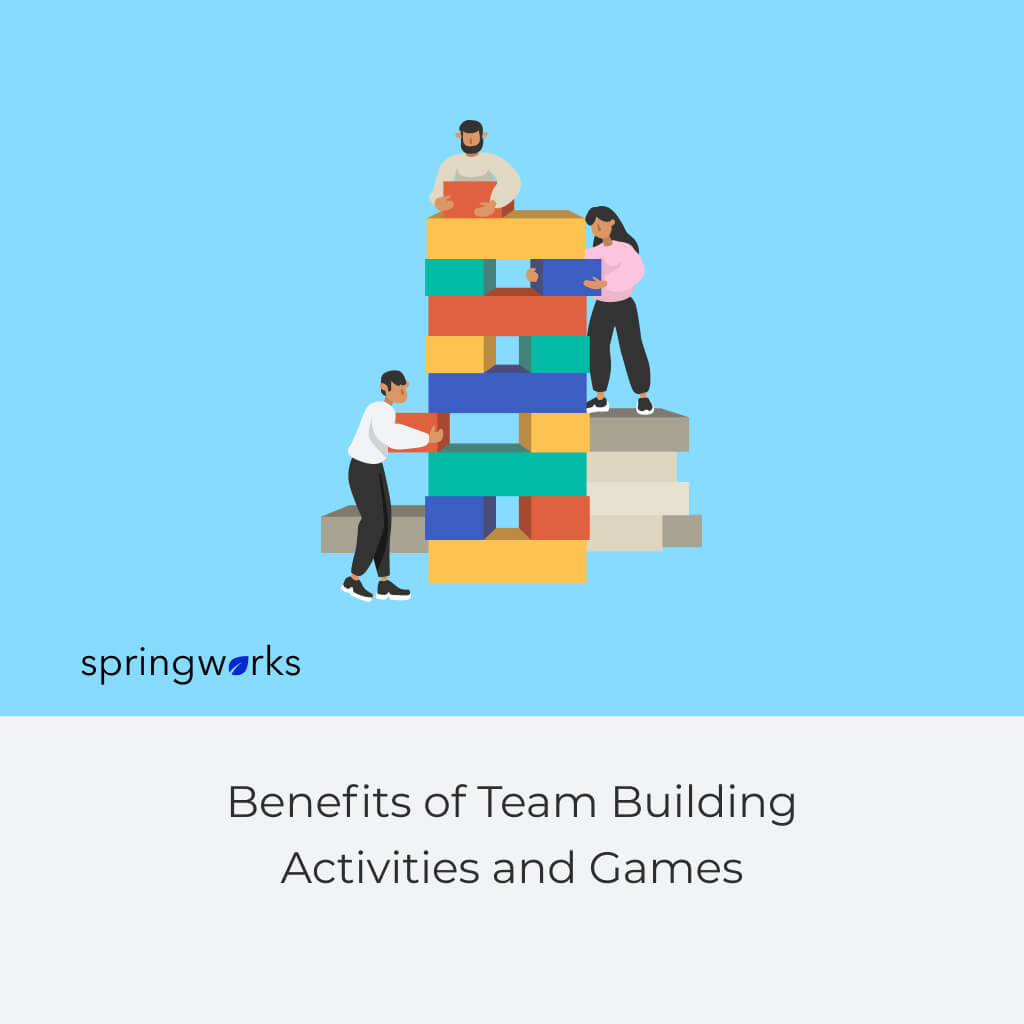Benefits of Team Building Activities
Team building activities are an essential aspect of fostering a positive and productive work environment. By engaging employees in collaborative exercises, organizations can enhance teamwork, improve communication, and boost overall performance. In this article, we will explore the numerous benefits associated with team-building activities.
Enhanced Communication
Effective communication is crucial for the success of any organization. Team building activities provide an opportunity for employees to interact and communicate in a relaxed and informal setting. Through these activities, team members can develop stronger relationships, improve their understanding of each other’s perspectives, and enhance overall communication skills. This improved communication can lead to better collaboration, increased efficiency, and a more harmonious work environment.
Improved Collaboration
Team building activities promote collaboration by encouraging employees to work together towards a common goal. These activities often involve problem-solving exercises, group projects, and team challenges. By engaging in such activities, team members can learn to leverage each other’s strengths, share knowledge and resources, and develop effective strategies for achieving shared objectives. Improved collaboration leads to enhanced productivity, innovation, and success for the organization as a whole.
Increased Motivation and Engagement
Team building activities can significantly impact employee motivation and engagement. When employees feel connected to their colleagues and have a sense of belonging within a team, they are more likely to be motivated to perform at their best. Engaging in fun and challenging activities outside of the regular work routine can also boost morale and create a positive work culture. This increased motivation and engagement can lead to higher job satisfaction, reduced turnover rates, and improved overall performance.
Enhanced Problem-Solving Skills
Team building activities often involve problem-solving exercises that require employees to think creatively, analyze situations, and find effective solutions. By engaging in these activities, team members can develop and enhance their problem-solving skills. They learn to think outside the box, consider different perspectives, and collaborate to overcome challenges. These problem-solving skills are transferable to the workplace, where employees can apply them to resolve complex issues and drive innovation.
Strengthened Leadership Abilities
Team building activities provide an opportunity for employees to showcase and develop their leadership abilities. By assigning roles and responsibilities during these activities, individuals can take on leadership positions and practice essential leadership skills such as decision-making, delegation, and effective communication. These experiences can help identify emerging leaders within the organization and provide them with the necessary platform to hone their skills.
Enhanced Trust and Respect
Trust and respect are vital components of a successful team. Team building activities foster an environment where employees can build trust and respect for one another. Through collaborative efforts, shared experiences, and open communication, team members can develop a deeper understanding and appreciation for each other’s strengths and contributions. This trust and respect translate into improved teamwork, increased morale, and a more supportive work environment.

Team building activities offer numerous benefits that contribute to the overall success of an organization. From enhanced communication and collaboration to increased motivation and problem-solving skills, these activities play a crucial role in creating a positive work environment. By prioritizing team building, organizations can foster strong relationships, improve productivity, and achieve long-term success.
Frequently Asked Questions
1. What are team building activities?
Team building activities are interactive exercises or games designed to enhance communication, collaboration, and trust among team members.
2. Why are team-building activities important?
Team building activities are important as they help foster better relationships among team members, improve teamwork, boost morale, and increase productivity.
3. How can team-building activities improve communication?
Team building activities encourage open and effective communication by providing opportunities for team members to interact, share ideas, and solve problems together.
4. What are the benefits of team-building activities for employee morale?
Team building activities can improve employee morale by creating a positive and supportive work environment, increasing job satisfaction, and reducing stress levels.
5. How do team-building activities enhance collaboration?
Team building activities promote collaboration by encouraging team members to work together towards a common goal, fostering trust, and improving cooperation.
6. Can team building activities improve productivity?
Yes, team-building activities can improve productivity by breaking down barriers, enhancing communication, and fostering a sense of unity and purpose among team members.
7. What types of team building are most effective?
The most effective team-building activities are those that are engaging, interactive, and tailored to the specific needs and goals of the team. Examples include outdoor challenges, problem-solving exercises, and team-based games.
8. How often should team-building activities be conducted?
Team building activities should be conducted regularly to maintain and strengthen team dynamics. Depending on the team’s needs, they can be organized monthly, quarterly, or annually.
9. Can team building activities improve employee retention?
Yes, team-building activities can contribute to improved employee retention by fostering a sense of belonging, job satisfaction, and loyalty among team members.
10. How can team-building activities benefit remote teams?
Team building activities can benefit remote teams by promoting virtual collaboration, building trust among team members who may not meet in person, and enhancing communication through online platforms and tools.




